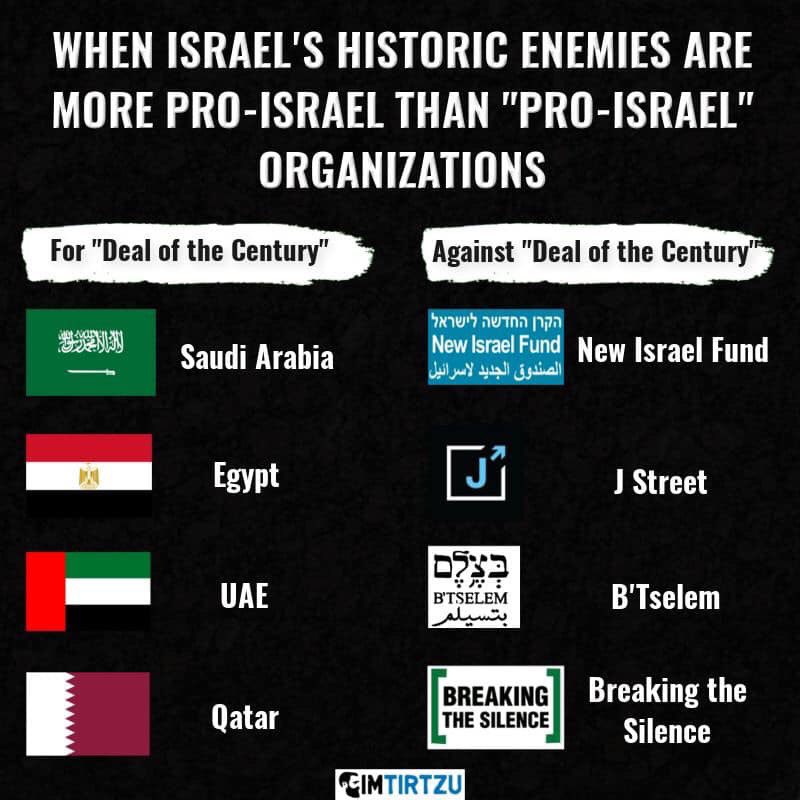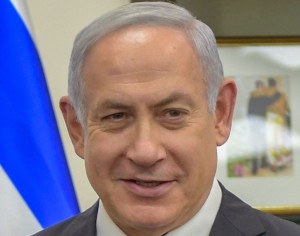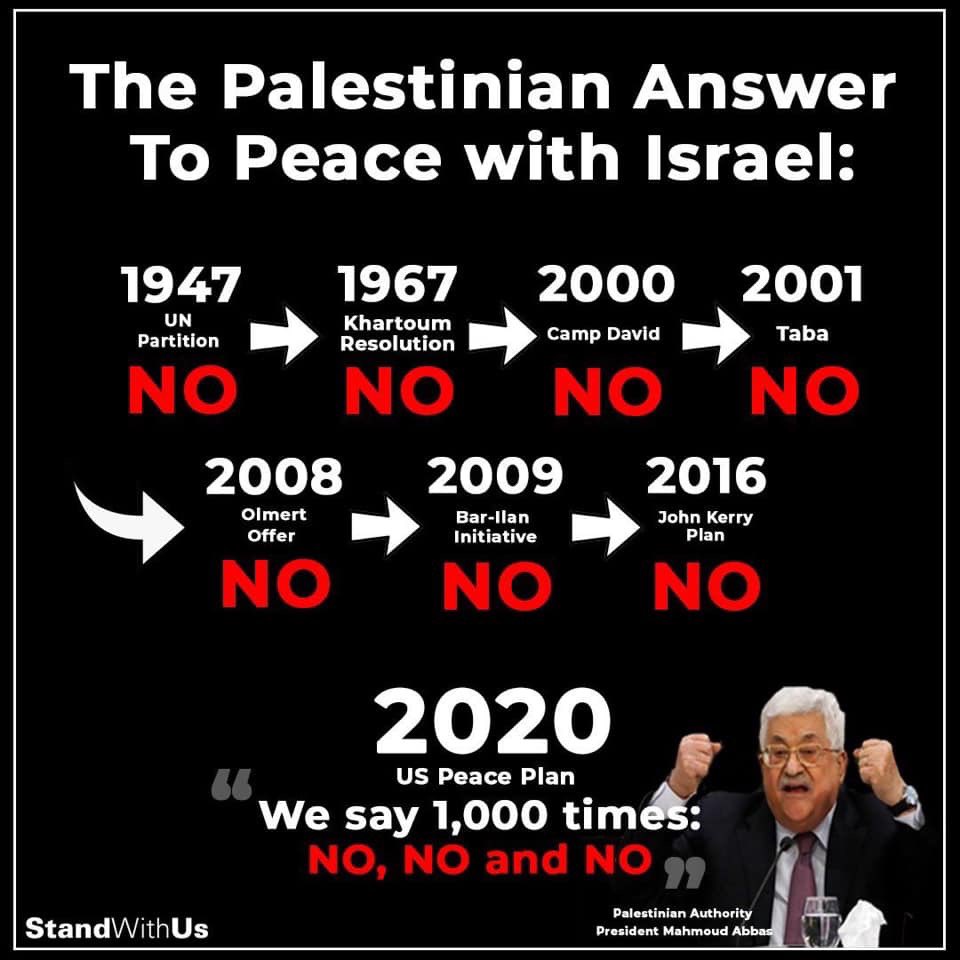FDD: Occupied Elsewhere
Setting policies toward territories involved in protracted conflicts poses an ongoing challenge for governments, companies, and non-governmental organizations (NGOs). Since there are multiple zones of disputed territories and occupation around the globe, setting policy toward one conflict raises the question of whether similar policies will be enacted toward others. Where different policies are implemented, the question arises: On what principle or toward what goal are the differences based?This on going War: Fox News break ranks with the mainstream media on Tamimi and Jordan
Recently, for example, the European Court of Justice (ECJ) decided goods entering the European Union that are produced in Jewish settlements in the West Bank must be clearly designated as such.1 At the same time, however, neither the ECJ nor the European Union have enacted similar policies on goods from other zones of occupation, such as Nagorno-Karabakh or Abkhazia. The U.S. administration swiftly criticized the ECJ decision as discriminatory since it only applies to Israel.2 Yet, at the same time, U.S. customs policy on goods imports from other territories is also inconsistent: U.S. Customs and Border Protection has explicit guidelines that goods imported from the West Bank must be labelled as such, while goods that enter the United States from other occupied zones, such as Nagorno-Karabakh, encounter no customs interference.
Territorial conflicts have existed throughout history. But the establishment of the United Nations, whose core principles include the inviolability of borders and the inadmissibility of the use of force to change them, led to the proliferation of protracted conflicts. Previously, sustained control over territory led to eventual acceptance of the prevailing power’s claims to sovereignty. Today, the United Nations prevents recognition of such claims but remains largely incapable of influencing the status quo, leaving territories in an enduring twilight zone. Such territories include, but are not limited to: Crimea, Donbas, Northern Cyprus, the West Bank, Kashmir, The Armenia-Azerbaijan Conflict, South Ossetia, Abkhazia, Transnistria, and Western Sahara.3
The problem is not simply that the United Nations, United States, European Union, private corporations, and NGOs act in a highly inconsistent manner. It is that their policies are selective and often reveal biases that underscore deeper problems in the international system. For example, Russia occupies territories the United States and European Union recognize as parts of Ukraine, Georgia, and Moldova, yet Crimea is the only Russian-occupied territory subject to Western sanctions. By contrast, products from Russian-controlled Transnistria enter the United States as products of Moldova, and the European Union allows Transnistria to enjoy the benefits of a trade agreement with Moldova. The United States and European Union demand specific labeling of goods produced in Jewish settlements in the West Bank and prohibit them from being labeled Israeli products. Yet products from Nagorno-Karabakh – which the United States and European Union recognize as part of Azerbaijan – freely enter Western markets labeled as products of Armenia.
Today, several occupying powers try to mask their control by setting up proxy regimes, such as the Turkish Republic of Northern Cyprus (TRNC) or similar entities in Transnistria and Nagorno-Karabakh. While these proxies do not secure international recognition, the fiction of their autonomy benefits the occupier. By contrast, countries that acknowledge their direct role in a territorial dispute tend to face greater external pressure than those that exercise control by proxy.
For us, it's something of a milestone.
On Wednesday, over on the heavily-trafficked Fox News website , there's an informative long-form piece that in large measure deals with our efforts to see Ahlam Tamimi, the Jordanian Islamist who masterminded the massacre at Jerusalem's Sbarro pizzeria in 2001, finally brought before US justice.
Written by Hollie McKay, the article is entitled "Most wanted female terrorist lives in freedom in Jordan despite extradition request for bombing that killed Americans".
Tamimi faces serious Federal charges in the United States for the central role she had in the mass-casualty attack. The FBI and the US Department of Justice have made serious efforts to take her into custody and reached what we think is the limit of their capabilities, absent the involvement of the political echelon of both the United States (by far the more important side) and the Hashemite Kingdom of Jordan.
The mainstream media pay almost no attention to Tamimi, to Jordan's egregious (and frankly disgraceful) refusal to comply with its own 1995 treaty with the US, to our efforts, to the effect the Jordan/Tamimi scandal is having on the unchecked spread of Islamist and extremist pro-Palestinian Arab violence, and to how US politicians (with some important exceptions) treat the affair as untouchable and us as lepers.
Our thanks to Fox News and to Hollie McKay, whom we've never met, for focusing on what we are sure is an important story that exemplifies how justice in the plainest sense can be denied for shabby and unspoken political motives.
MEMRI: Muslim World League's Historic Auschwitz Visit Draws Support From Saudi Arabia, Condemnation From Qatar
The January 23, 2020 visit to the Nazi Auschwitz concentration and extermination camp in Oświęcim, Poland by a delegation from the Mecca-based Muslim World League (MWL), comprising 25 senior Muslim clerics and headed by its secretary-general, Mohammad Al-'Issa, was unprecedented. Taking place in advance of International Holocaust Remembrance Day on January 27, it was the first visit by a senior Muslim delegation to the camp, and was in conjunction with delegations and representatives from the American Jewish Committee (AJC). The visit, along with Al-'Issa's statements condemning the Holocaust during the visit, prompted a range of reactions in the Arab and Islamic world.
Saudi intellectuals and media figures expressed support for the visit on social media, emphasizing that the Holocaust was a mark of shame for humanity as well as history's most loathsome crime, that it should be acknowledged and condemned as such, and that it should be taught in schools. They added that the visit itself was an expression of tolerance and a positive move that would advance peace in the region. The Saudi press also published articles in support of the visit and of Al-'Issa, clarifying that it expressed condemnation of the crime against the Jews but was not an expression of support for Israel since Jews and Zionists are not the same.
Aside from the delegation's Auschwitz visit, this year International Holocaust Remembrance Day received special mention in Saudi Arabia and the Gulf. The Bahraini and UAE foreign ministers expressed solidarity with Holocaust victims and condemned racism on Twitter, with the Bahraini minister tweeting: "Together, we will remember those who were annihilated, [to ensure] that these crimes against humanity will not recur."[1]This was retweeted and expanded by his Emirati counterpart. Likewise, Saudi media published articles on International Holocaust Remembrance Day recognizing its importance.[2]
On the other hand, pro-Qatar elements leveraged the visit to protest against the MWL and its home base, Saudi Arabia. Condemnation of the visit appeared in the Qatari media, and the Qatar-backed International Union of Muslim Scholars (IUMS) also condemned it, calling it an expression of unacceptable normalization with Israel. The position taken by the IUMS was in line with the antisemitic statements made over the years by its senior officials. IUMS founder Sheikh Yousuf Al-Qaradawi has for years promoted an extremist antisemitic and anti-Christian discourse, even saying in a sermon that Hitler was Allah's punishment for the Jews and calling for another Holocaust but this time at the hands of the Muslims.[3] This year, the organization's current leader, Dr. Ahmad Al-Raissouni wrote that it is a right and an obligation to question the Holocaust, and that details about it could not be confirmed because the narrative consists of claims that are "politically biased and questionable."[4]








































